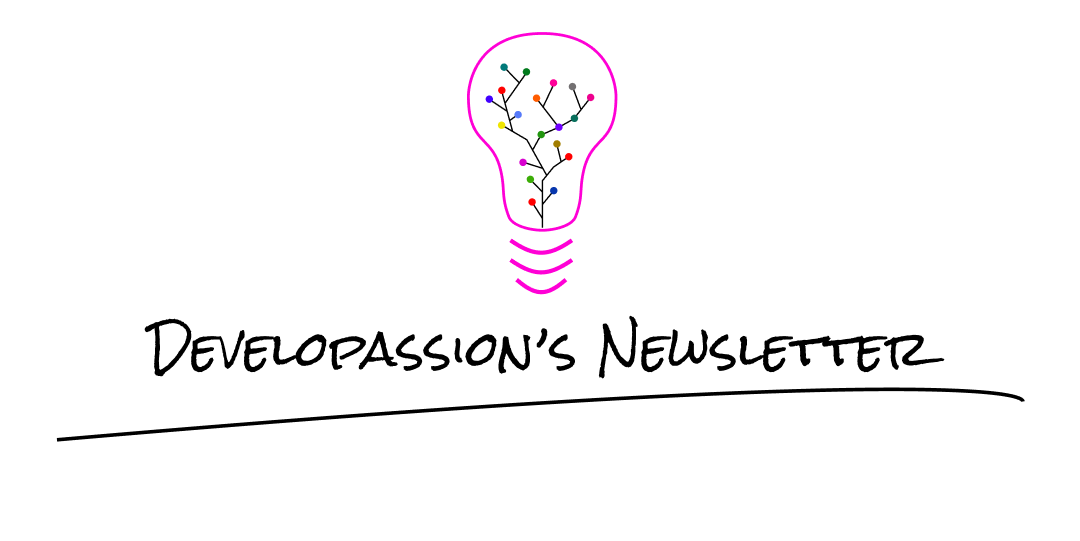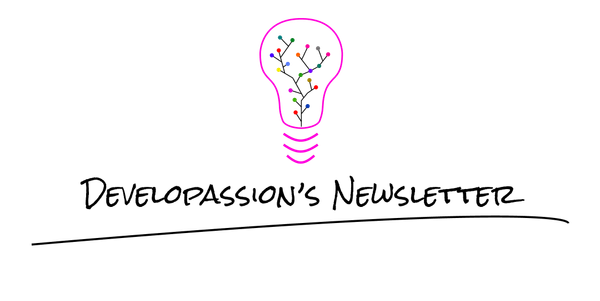This past week, I’ve finally resumed my morning writing routine, and this felt great. I could make a lot more progress, was not interrupted and did not have to choose between spending time with my family and working on the project.
Dev Concepts is a huge project. It will take me longer to finish than I initially envisioned, but I’m certain that it is for the better. Initially, I wanted to write something rather short (~250-300 pages) but realized that I had a lot to share with the world. It takes time for this to sink in. But I’m a very patient person. I’ll continue going at it, page after page until all twelve volumes are out there for everyone to read. This week I’ve
made great progress, and started writing about a really important topic: Application Integration. There’s really a lot to be said about how to integrate systems together. Many beginners don’t realize how many options there are, and how to choose between X, Y, and Z. When I started my career and joined my very first projects, architecture was a given. It felt advanced, complicated, difficult to approach, reserved to the elite. But like everything, with time, things became easier and easier. Flaws became apparent, and I started being able to discern the good, the great, and the bad. In Dev Concepts, I’m covering various approaches: EDA, Message Queues, GraphQL, RESTful, REST, SOAP, WebSockets, SSE, ESB, and more. My hope is that my readers, whether fresh out of school or more experienced will get a clear understanding of what those are, what their pros and cons are, and will feel more confident when working on their own projects.
By the way, I’m still looking for more reviewers. If you’re interested, then please reach out to me (by replying to this mail or sending me a DM on Twitter!). I’ll give you free access to the books/drafts in exchange for honest feedback & reviews that I can share publicly. I’ve also started publishing content that is part of the first volume of the series my Medium:





